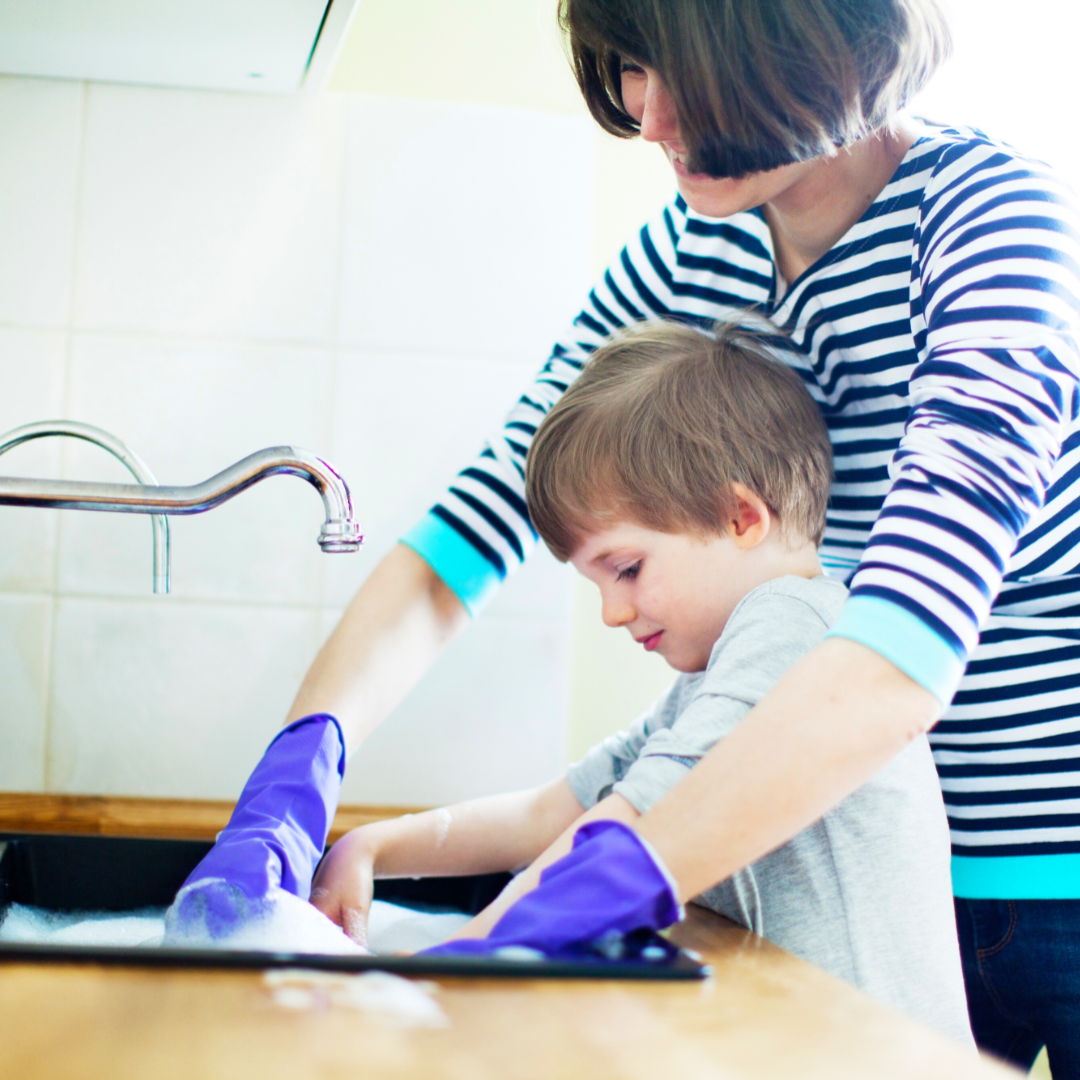
Charisse Tierney learned surprising lessons about parenting when she attended college orientation with her oldest child.
I recently attended college freshman orientation with my oldest son. I enjoyed watching him step onto the campus that I attended many years ago, and I was looking forward to my parent meetings where I expected to hear about the rigors of college academia and how the students would reach higher levels of learning and personhood.
But instead I mostly heard about laundry. And cooking. And time management. And the frightening reality of the poor mental health of many of the students.
The college advisors who spoke to the parents were imploring with us to teach our kids to do their own laundry, cook without setting off every smoke alarm in the building, manage their personal responsibilities and time, and ensure that our kids know who they can turn to when they are struggling.
While I heard many positive things about my son’s potential college experience, I was saddened and shocked that so many of the above issues had to be addressed. I came away inspired to emphasize the following points with my younger children:
-
Life Skills
Taking the time to teach my children how to cook, do laundry, clean, and manage a household seems like common sense, but often falls by the wayside in the busyness of life. Regular chores, cooking one or two meals a week, and managing a “to-do list” on days I am out of the house for appointments gives my children the practical life experience they need to survive once they are no longer under my roof.

-
People Skills
Our children have been especially closed off from in-person experiences over the last few years. The advisor at my son’s college orientation said they encounter many students who don’t know how to talk to people. They struggle to find the words when they aren’t communicating through a piece of technology. Encouraging my children to get out to playdates, teen groups, and jobs fosters their education in communicating face-to-face with those around them.
-
Mental Health
As my children get older and more independent, it’s easy to stop checking in with them as often. Sometimes they come home at night just as I’m headed to bed or I leave the house in the morning before they are even awake. It takes more effort to find time to talk with them when our paths cross less often. Telling them goodnight each night, planning a meal out with them once in awhile, and dropping everything and listening when they do stop to talk to me are ways I try to let them know they are heard and loved and that my husband and I are always there for them.
-
Integrity
Guiding my children through practical ways to manage their time, conversing about the importance of a job well done even when no one is looking, and modeling the value of work through my own actions builds a sense of integrity. Following through with consequences when my children don’t complete tasks as asked further forms their consciences and emphasizes the importance of being true to their word and establishing their reputations as reliable and virtuous people.
-
Faith Life
Security is built on knowing there is always Someone else there when my children’s human role models fail them. Establishing a strong faith foundation through regular Mass attendance as a family, receiving the sacraments, and liturgical living at home serves as a constant reminder that God’s strength and faithfulness is unparalleled. Fostering their relationship with God through Bible stories, church teen groups, and family prayer time lays the groundwork for all of the ways they are shaped into capable, contributing adults in our world—adults who not only know how to do their own laundry, but are able to make God’s love shine through the most basic tasks of everyday life.

Copyright 2022 Charisse Tierney
Images: Canva
About the Author

Charisse Tierney
Charisse Tierney lives in Wichita, Kansas, with her husband Rob and seven children. Charisse is a stay-at-home mom, musician, NFP teacher, and a Catechesis of the Good Shepherd catechist. She is also a contributing author to The Catholic Mom's Prayer Companion and Family Foundations magazine. Charisse blogs at Paving the Path to Purity and can be found on Facebook.


.png?width=1806&height=731&name=CatholicMom_hcfm_logo1_pos_871c_2728c%20(002).png)
Comments